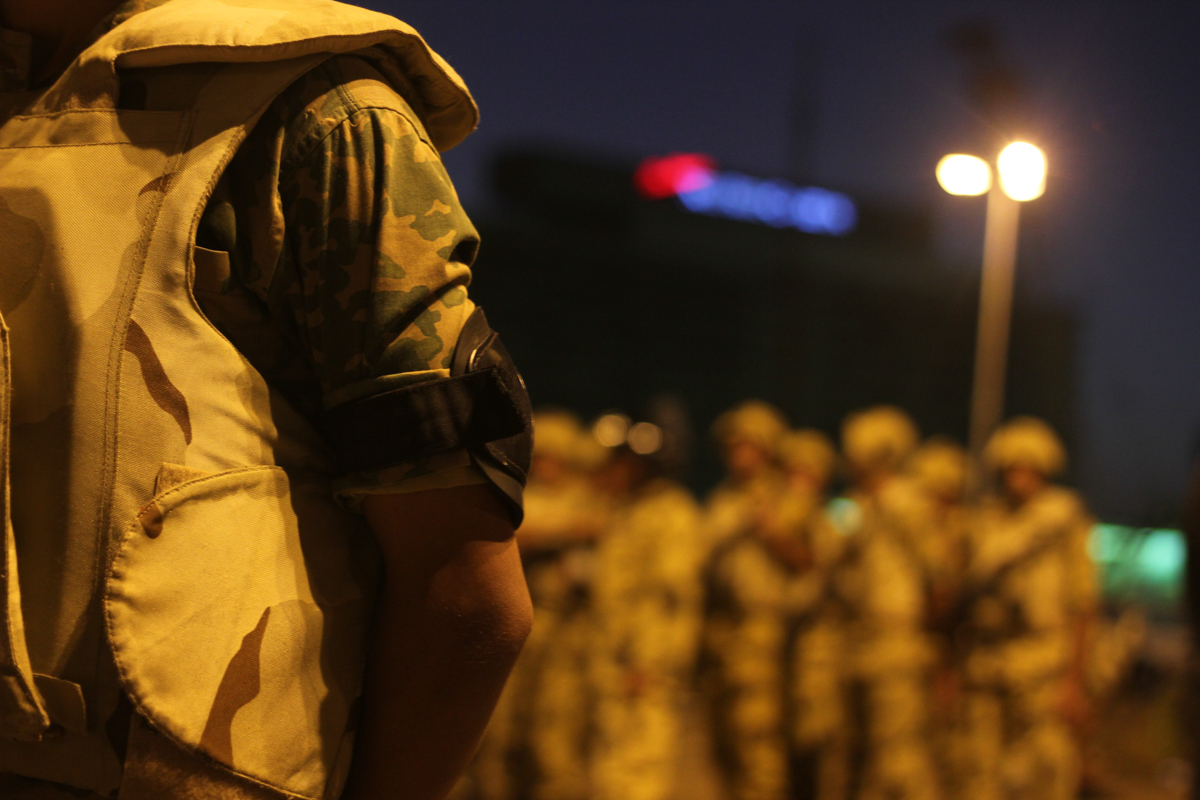Starting late in the day on June 26 and continuing through June 27, the Egyptian army deployed around Cairo to secure key government buildings and installations. At least one source says that the deployment was ordered by President Morsi, though the army may have been acting independently. Other steps were also taken by government officials to prepare for protests, including distributing weapons to police forces and moving prisoners to make room at local precincts. The U.S. Embassy in Cairo announced that it would be closed on June 30 and July 1.
The situation in Egypt continued to grow tense as activists openly expressed their desire for a “second revolution.” Activists and formal opposition figures condemned Morsi’s June 26 speech as insignificant and his gestures as insufficient. The National Salvation Front, a major alliance of opposition political parties, repeated its call for new presidential elections and amendments to the Constitution. Parties supporting Morsi, among them the Muslim Brotherhood’s Freedom and Justice Party, announced plans for a rally and open-ended sit-in at Raba’a al-Adaweya Mosque in the Cairo suburb of Nasr City. A collection of eleven Islamist parties announced the formation of the National Alliance for Legitimacy Support in order to “protect the Egyptian people’s democratic gains” and to “protect the choices of the Egyptian people”. Parties involved included the Freedom and Justice Party, the Salafist al-Nour Party, and the Building and Development Party (which emerged from the extremist group al-Gamaa al-Islamiyya). The Alliance pledged to support the elected president and to peacefully oppose any attempt to remove him.
Dr. Khalid al-Khateeb, an official with the Ministry of Health, said that a total of 434 people were wounded and one was killed in the past two days. That figure included 250 injured and one killed in clashes in Mansoura, 177 injured in Sharqiya, and seven in Gharbia.
